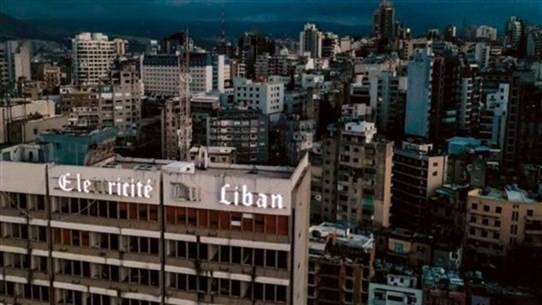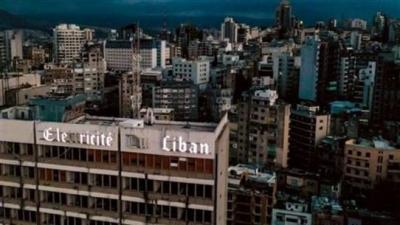Regarding the agreement between Parliament Speaker Nabih Berri and caretaker Prime Minister Najib Mikati on a framework related to the electricity supply issue, Progressive Socialist Party's leadership council member Muhammad Bissabous revealed that "the agreement was made based on the understanding that the Central Bank of Lebanon will pay an amount of $200 million to cover the first part of the cost of purchasing fuel. At the same time, through some magical and miraculous means, Electricité du Liban and the Ministry of Energy would ensure the funds required for fuel purchase after the decision to raise tariffs."
Bissabous explained in an interview with the electronic newspaper "Anbaa" that if this issue is not followed by reforms as agreed upon, it will lead to more waste, stating that reforms must start with reducing waste to 65%, enhancing collection, enforcing laws, and appointing a regulatory authority; otherwise, we would resemble the support that occurred during the previous Ministry of Economy which resulted in the waste of $17 billion.
He added, "In principle, the $200 million will not yield positive results if it is not accompanied by actual reforms," continuing, "They want this amount under the pretext of purchasing fuel, knowing that part of it will go to pay debts to service providers without announcing that. Hence, the larger burden will fall on the Lebanese citizen. If they truly wanted to increase supply to 8 or 10 hours effectively, they wouldn't have resorted to generators from the beginning, and today they are promising a payment for consumption at the new tariff and a payment for arrears. Therefore, in my opinion, nothing will change as long as there are no real reforms in this sector."
Thus, will the electricity promises be like their predecessors? And if supply hours do actually increase, who guarantees its continuity as long as it is not accompanied by any plan to ensure that?




